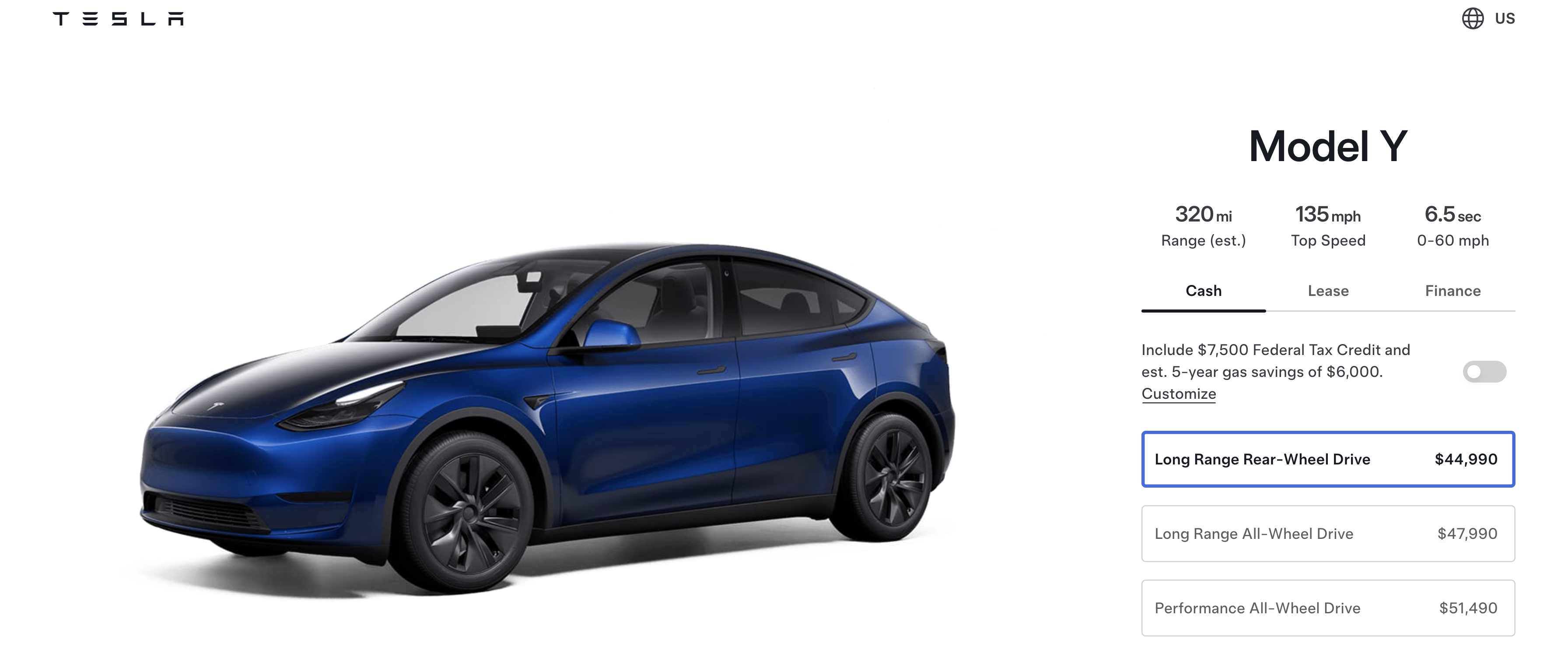Sign up for daily news updates from CleanTechnica on email. Or follow us on Google News!
Kofa, a Ghanaian company focusing on battery swap networks, and TAILG are jointly developing a battery swap-enabled electric motorcycle called Jidi. Kofa says the first orders of the Jidi are expected to arrive in Ghana at the end of 2023. Kofa says based on the advantages of its batteries and battery swap networks, the Jidi will reduce rider costs by up to 30%. The partnership is targeting to deploy 200,000 electric vehicles using the Kofa battery swap network by 2030. Five thousand battery swap stations will be required across the continent to facilitate the rollout of these electric motorcycles.
Kofa is not just active in the mobility space, but is also tackling how people access clean and affordable energy in urban environments across Africa. The initial use cases for Kofa’s battery packs are in electric motorcycles and stationary backup power needs. The motorcycle sector is currently a $30 billion annual market across Sub-Saharan Africa. Over half of this spending is on petrol used in motorcycles, and the remainder is on petrol and diesel used in generators. Therefore, accelerating the adoption of electric motorcycles and associated infrastructure such as battery swap stations will be one of the critical pathways to reducing costs due to fossil fuel combustion in the transport and backup electricity generation sectors.
The TAILG Group has been in the electric vehicle industry for 20 years. Kofa says the Jidi is a battery swap-enabled electric motorcycle designed and manufactured for the diverse and growing African market. The Jidi is designed around Kofa’s extractable battery, which can achieve “unlimited battery range” by being swapped at any Kofa’s Swap & Go sites. During the rest of this year, Kofa’s swap network will accelerate deployment in Ghana, and by 2024, Kofa will invest in and build swap infrastructure in several new countries.
Kofa says the Jidi’s dual batteries can provide a range of up to 100 km between each battery change. The Jidi can reach a maximum speed of 85 km/h. Kofa says several technical applications comply with United Nations and EU standards (UN/ECE).
Erik Nygard, CEO of Kofa Technologies said: “This is a major milestone that will help accelerate EV adoption across Africa and play a major part in reducing urban pollution; motorcycles alone emit over fifty million tonnes of CO2 annually. TailG is the first major EV OEM entering Africa with a ready solution for scale by partnering with Kofa to provide the battery swap & go solution. We are really excited to help enable this.”
Erik adds that TAILG, as a leading global EV OEM, can deliver the scale both in terms of sales, production capacity (which is currently seriously lacking across the continent), and supporting after service parts and supply chain (another critical aspect for extreme scale). “This deal provides serious opportunities for many parts of the already excising vehicle ecosystem such as mechanics, dealers, large scale distributors, vehicle financing to name a few. It is a divide and conquer strategy, we see value in partnerships as opposed to siloed vertical integration strategies. Hence overall better value for all parts of current ecosystem. This will allow Kofa to double down all its efforts on creating and building a customer -entric battery swapping network, a superior experience to filling a tank. The scale of this deal makes this important not only for motorcycles, but also for small businesses and homes in urban environments lacking reliable energy access across Africa. Our swap & go model is open to all.”
TAILG adds that the introduction of Jidi in Ghana will completely disrupt the long-term dependence on fossil fuel for travel and transportation, effectively promote the replacement of fuel motorcycles with electric motorcycles, accelerate TAILG’s mission to transform transportation in “Belt and Road” countries into the “zero carbon” era, and contribute to the global effort of countries to combat climate change and improve environmental quality.
Some of TAILG’s previous partnerships with other key stakeholders include their work with the United Nations Electric Mobility Project, and it has successively piloted and promoted electric vehicle projects in Kenya, the Philippines, and Vietnam. TAILG says its products are exported to more than ninety countries and regions around the world. TAILG also plans to integrate Kofa batteries into a range of new and existing models and support the spread of electric vehicles in Africa. Jidi’s start in Ghana, and then its launch into other African countries, will help TAILG electric vehicles run further in global green and low-carbon travel.
I really like Kofa’s approach. It will help tackle critical problems in a lot of countries on the continent both in the mobility sector as well as in the stationary storage sector. The fact that they are targeting both the mobility sector as well as the stationary storage market with a uniform form factor allows for scalability and helps to create a critical mass for their products. Interoperability has been a big issue on the continent, with a plethora of startups all having different form factors, connectors, and management systems. A unified approach is needed to grow the sector. I hope to really see the ramp-up in production of the electric motorcycles now that Kofa is working with TAILG on products such as the upcoming Jidi.
Images courtesy of Kofa
Have a tip for CleanTechnica? Want to advertise? Want to suggest a guest for our CleanTech Talk podcast? Contact us here.
EV Obsession Daily!
I don’t like paywalls. You don’t like paywalls. Who likes paywalls? Here at CleanTechnica, we implemented a limited paywall for a while, but it always felt wrong — and it was always tough to decide what we should put behind there. In theory, your most exclusive and best content goes behind a paywall. But then fewer people read it!! So, we’ve decided to completely nix paywalls here at CleanTechnica. But…
Thank you!
Tesla Sales in 2023, 2024, and 2030
CleanTechnica uses affiliate links. See our policy here.







